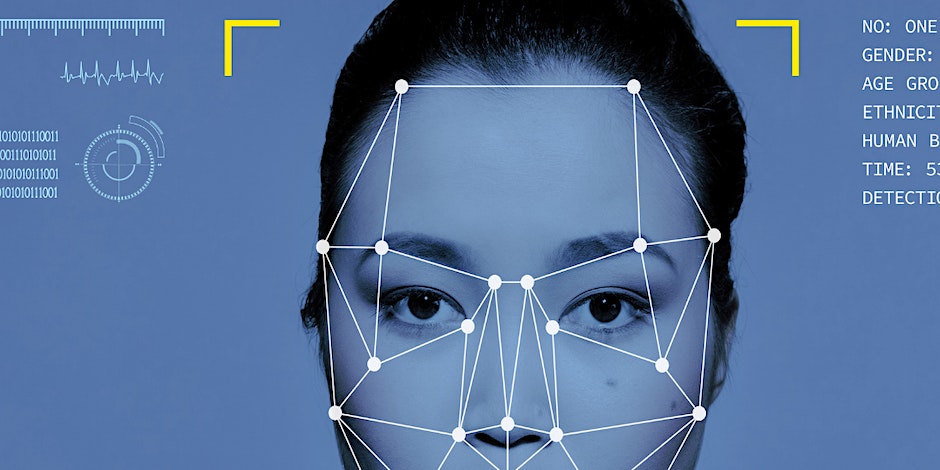|
TOMORROW! At The Complex, IFSC, 7pm the panel discusses -
The use of artificial intelligence (AI) and AI applications such as facial recognition technology (FRT) are on the rise. Throughout the world, AI tools are being used to produce news articles; to generate images, footage, sounds and voices; to change and recreate the appearance of actors; and to create art in all its forms. Meanwhile, facial recognition technology (FRT) – an application of AI – is being rolled out by police and private companies in countries across the world with serious implications for our fundamental rights. And this isn't a dystopian future. It's happening here, and it's happening now. Musicians have boycotted US event venues which are using FRT to scan attendees at events. In Ireland, the Government wants to legalise Garda use of facial recognition technology, which would have serious human rights implications for all of us. The chilling effect of this technology could also severely impact people's ability to protest. At this event, chaired by Karlin Lillington of the Irish Times, and featuring myself, Joanna Walsh, Pradeep Mahadeshwar, and Olga Cronin as panelists, we discuss what the human rights implications of these technologies are for artists and activists, who find themselves at the front lines of their introduction - And ask, what can artists and activists in Ireland expect in the near future, and what can we do to protect our rights? Due to interest this event sold out of its original venue and has moved to a larger space to accommodate the growing audience - grab your tickets (they're free!) while you can - here. Yesterday I had the honour of interviewing the remarkable author and activist Winnie M Li as part of the Murder One crime writing festival 2023, which took place away from the strangely balmy October weather (and the crowds of a bustling Dun Laoighaire), inside the cool auditorium of the DLR LexIcon. A fantastic library and cultural space (dare I venture to say - the best...?) We had a really insightful chat in front of a great audience - delving into the wider issues around sexual assault and rape in our society, the long term impact of #MeToo, parallel lives and split identities, and power and privilege in the game between victim and attacker. This morning, then, I came across a piece I had written for writing.ie in 2018, about my first novel, The Glass Door, and the similarities in theme were quite startling - about power and its abuses, and the perceived unreliability of the female mind. Women’s stories are insular, subjective; so we are told. Their perception is caged, turned in like an ingrown hair, lacking the power or the reach to affect anything other than themselves. In cases like these where at one end of the scale is a powerful man with everything to lose and the other is a woman who has already lost almost everything, we repeatedly see concern tilt the scales in favour of possible consequences for the abuser....A man’s experience has influence, breadth; it is written into law, built into the foundations of cities. A woman’s is limited to the boundary of her skin.
|
Archives
July 2024
AuthorRM Clarke is a writer and voice-over artist. She has written for various literary mags and anthologies and won awards. She has put her voice to most things she can think of. Categories |

